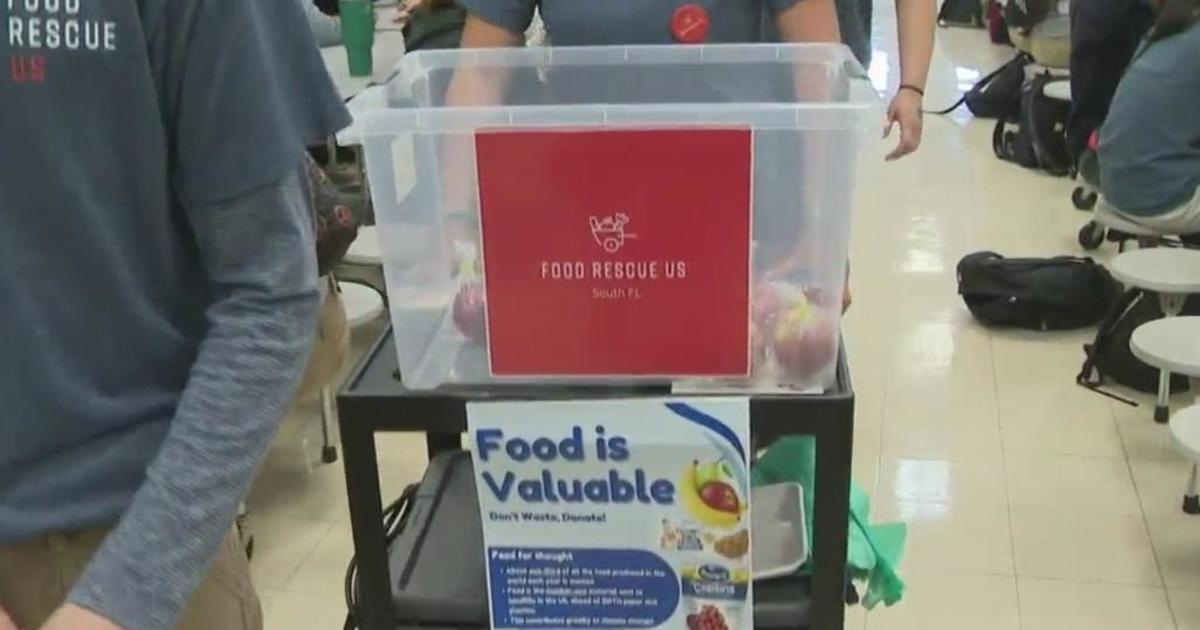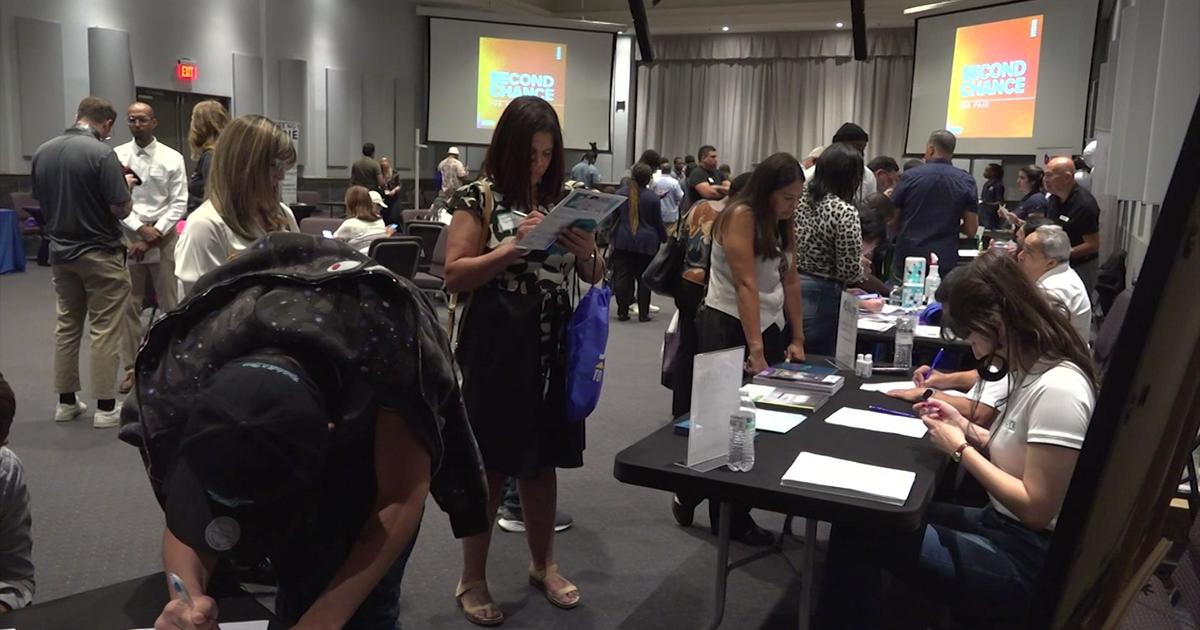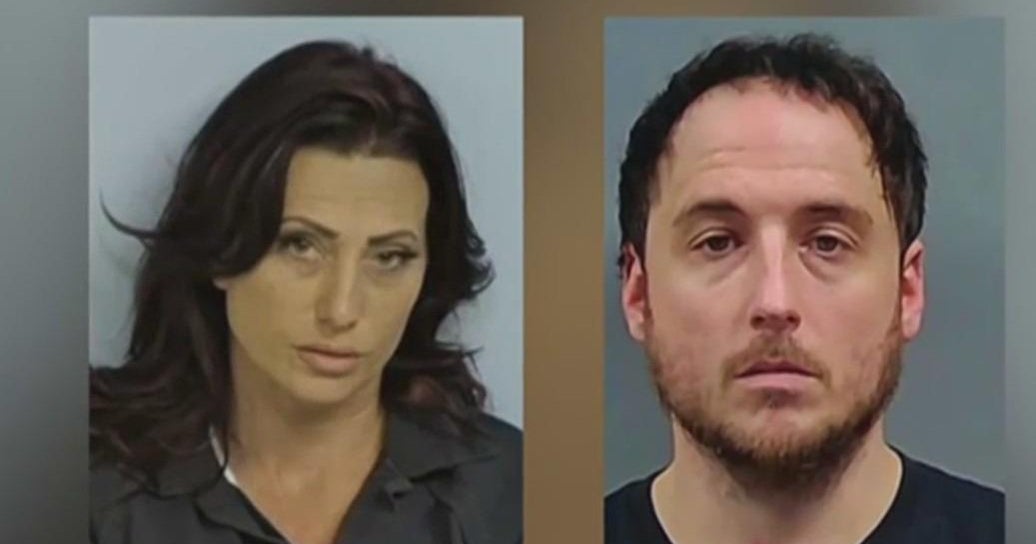Farming Industry Ripe For Drone Use
Follow CBSMIAMI.COM: Facebook | Twitter
MIAMI (CBSMiami) – One of the biggest industries ripe for drone use is that of farming.
Unmanned aerial vehicles can be powerful tools for farmers.
"We're at the cutting edge of this," said ArkUAV CEO Brad Fausett.
For now, commercial drones remain grounded with regulatory obstacles and privacy issues to clear before taking off.
"There's a lot of hurdles that you have to jump through," said Fausett.
Fausett's business, ArkUAV has the drones capable of creating change in the agriculture industry.
"These things run off GPS as do the tractors and there's a way to couple all of this stuff together with the right infrastructure, so you're smart farming efficiently," said Fausett.
They are retrofitted with additional devices to collect more information such as thermal sensors.
"You could see where drainage patterns were in your field," said Fausett. "You could see where dead spots or micro-nutrients spots were in your field."
Fausset had been waiting since last July for a commercial license through the Federal Aviation Administration (FAA). Without it, he could not charge for his work at the Dunbar Community Gardens.
The company recently received its exemption from the FAA to fly unmanned aerial vehicles for commercial use. Fausett told Arkansas Business earlier this month that the long wait to get the exemption left his company in a tough financial spot.
The UA Extension office was also met with the same roadblock.
"They're really hampering the development of this technology," said Jim Robbins, a UA Extension Horticulture Specialist.
Robbins used to fly a drone for the Extension Service helping agricultural producers in the state through various outreach programs.
"Until all of us see what kind of regulations the FAA provides us with for permanent guidelines, we just don't know," said Robbins.
So, the Extension Service decided to let its license expire in 2014. That drone now sits in a box.
"It's unfortunate that the FAA doesn't recognize that this is an extremely low risk environment and should probably be separated out and viewed from a different avenue," said Robbins.
Fausett and Robbins hope those in control can come up with something a bit more down to Earth.
"We strongly believe that there needs to be in place a strong set of rules, but they just need to be rational," said Fausett.



